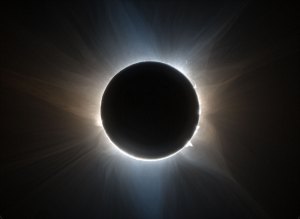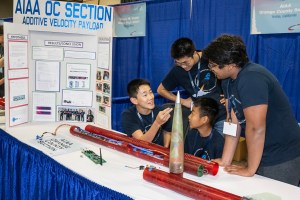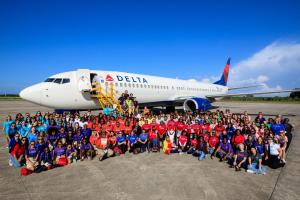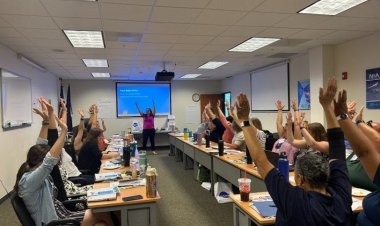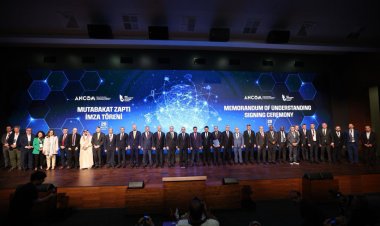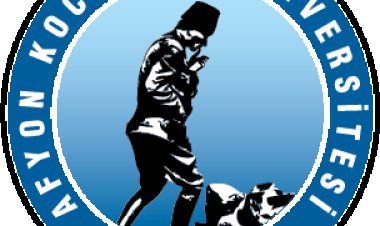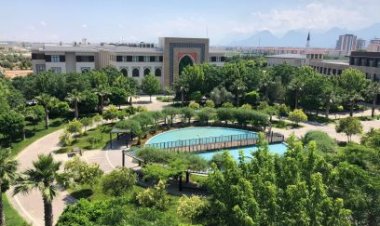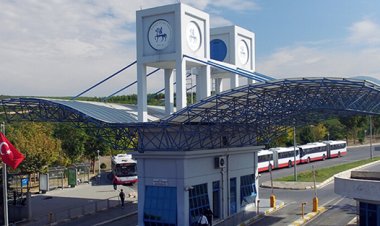NASA, NSF Collaborate to Strengthen Research Capabilities
Ten research investigators at nine academic institutions will advance their science and technology projects while contributing to NASA’s research priorities through an agency collaboration with the U.S. National Science Foundation (NSF).
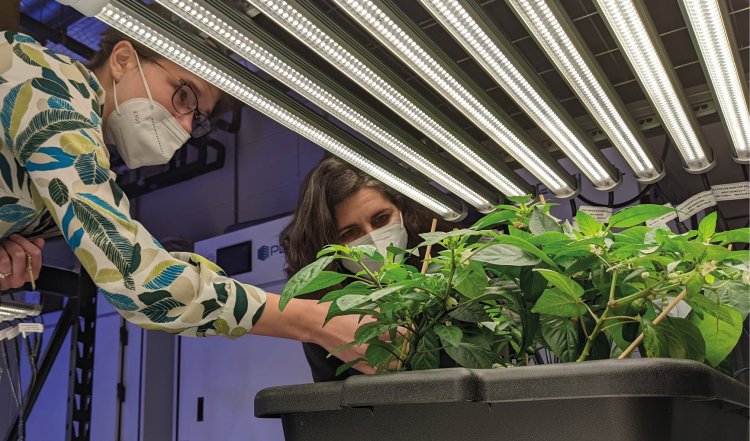
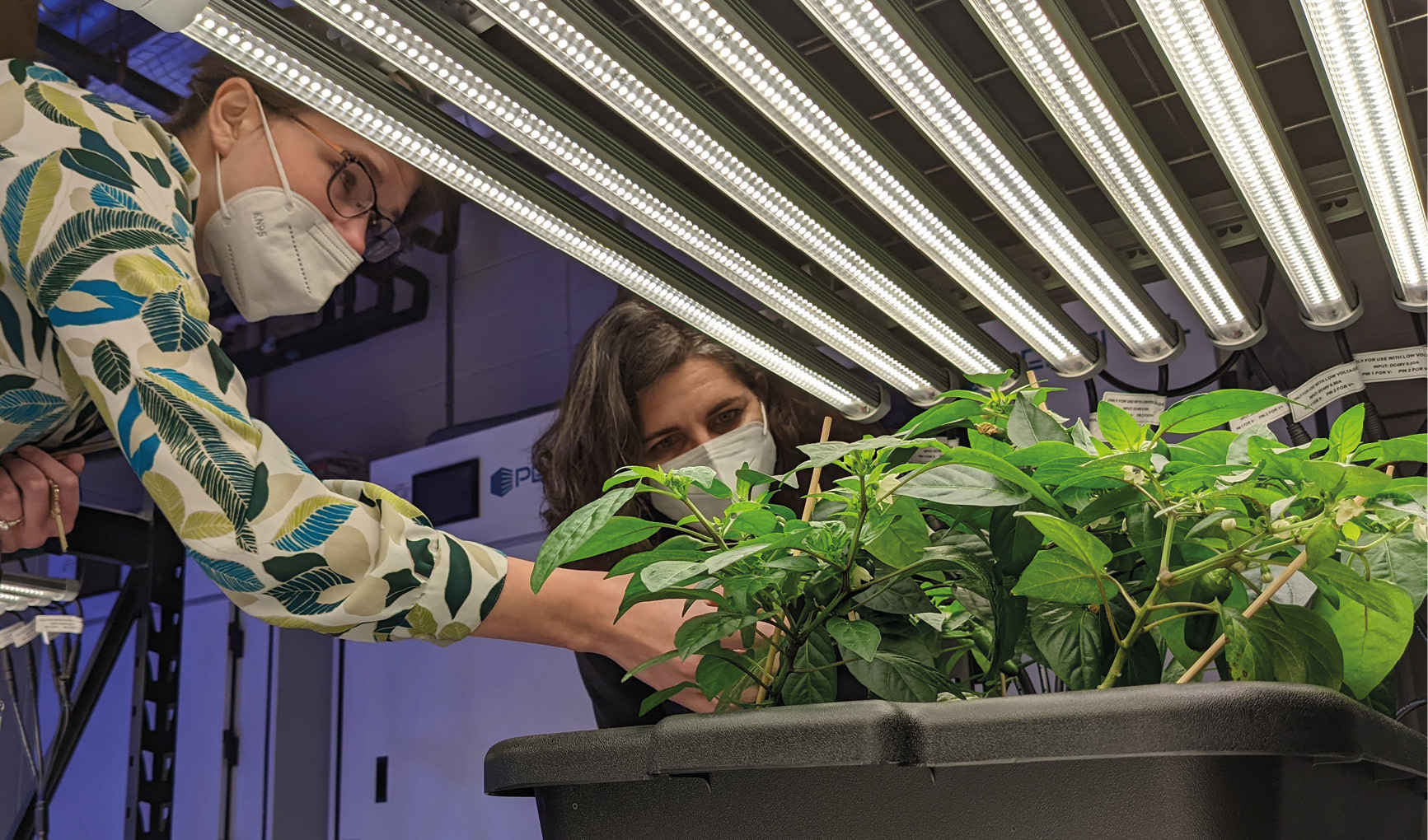
Ten research investigators at nine academic institutions will advance their science and technology projects while contributing to NASA’s research priorities through an agency collaboration with the U.S. National Science Foundation (NSF). NSF is providing $2.7 million in funding through its Established Program to Stimulate Competitive Research (EPSCoR) program to strengthen research infrastructure and NASA is providing $600,000 in funding through its EPSCoR Research Infrastructure Development program.
The partnership provides NSF EPSCoR Research Fellows access to the space agency’s expert workforce and unique facilities and equipment. Fellows will learn new techniques, develop new connections, and advance their research, all while boosting the research capacity at their institutions.
Selected institutions are:
- College of Charleston, South Carolina
Next Generation Hyperspectral Approaches to Detect Harmful Algal Blooms - Marshall University, Huntington, West Virginia
Investigation of Two-Phase Aerosol Formation, Transport, and Deposition in Aerosol Jet Printing for Submicron Manufacturing of Printed Electronic Devices - Murray State University, Murray, Kentucky
Methane Dynamics Described Through the Fusion of Site and Satellite Data in Bottomland Hardwood Forested and Non-Forested Wetlands - New Mexico Institute of Mining and Technology, Socorro
Process-Structure-Property Relationship of the Hybrid Manufactured Multifunctional Mechano-Luminescence-Optoelectronic Fibers - New Mexico State University, Las Cruces
Bluer and Hotter: From Ultraviolet to X-ray Diagnostics of the Circumgalactic Medium - University of Alaska Anchorage
Investigation of Erosive Wear Resistance of Ceramic Parts Produced by Additive Manufacturing - University of Alaska Fairbanks
Wind-Induced Noise in the Prospective Seismic Data Measured in the Venusian Surface Environment - University of Hawaii, Honolulu
- Enhancing Flood Detection and Mapping by Using PolSAR, Metaheuristic, and Deep Learning Algorithms
- Combining Physics and Deep Learning for Accurate River Discharge and Bathymetry Estimation From the Surface Water and Ocean Topography Mission
- University of Puerto Rico at Mayaguez
Automating Character Extraction for Taxonomic Species Descriptions Using Neural Networks, Transformer, and Computer Vision Signal Processing Architectures
For more details on these projects, read the NSF press release.
These awards will fund STEM faculty research fellowships at NASA’s Ames Research Center in California’s Silicon Valley; Glenn Research Center in Cleveland; Goddard Space Flight Center in Greenbelt, Maryland; Marshall Space Flight Center in Huntsville, Alabama; and Jet Propulsion Laboratory in Southern California.
NASA’s EPSCoR program, based at the agency’s Kennedy Space Center in Florida, focuses on 28 jurisdictions that have historically had fewer opportunities to participate in competitive aerospace and aerospace-related research activities. This focus aligns with the NSF EPSCoR Research Fellows program, which is designed to reach higher education institutions that primarily serve students who are underserved and underrepresented in STEM—for example, Minority-Serving Institutions, community colleges, and women’s colleges.
The partnership between NSF and NASA was established in 2020 to enable these institutions and research communities to bolster their own capabilities while leveraging the agencies’ expertise.
NASA EPSCoR is administered by NASA’s Office of STEM Engagement, which develops unique resources and experiences to spark student interest in STEM and build a skilled and diverse next generation workforce.

 Bilgi
Bilgi 